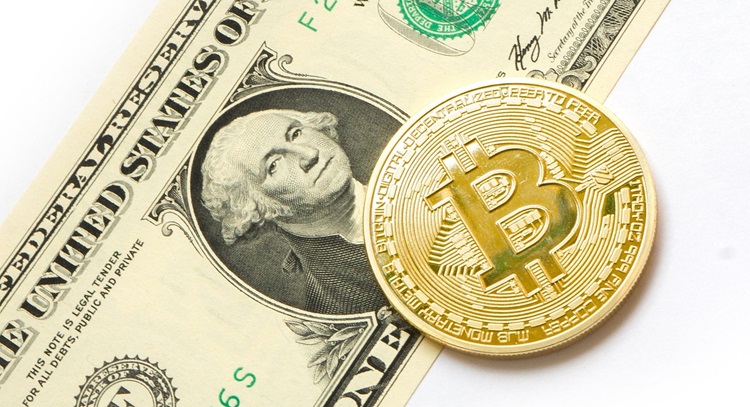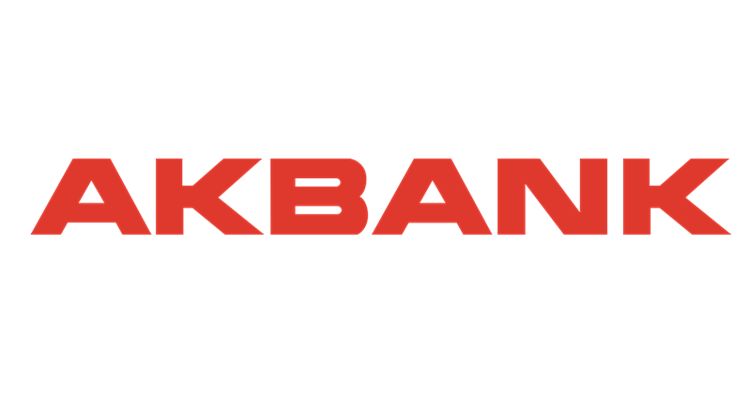Introduction:
Today we will compare forex trading in two prestigious countries of the Far East. Among the prominent players in this market are Hong Kong and Japan, two economic powerhouses in the Asia-Pacific region. In this article, we will conduct a comparative analysis of forex trading in Hong Kong and Japan, examining regulatory frameworks, brokerage options, and trading conditions in each country.
Regulatory Environment:
Hong Kong: Forex trading in Hong Kong is regulated by the Securities and Futures Commission (SFC). The SFC oversees the securities and futures markets to ensure their orderly operation, protect investors, and maintain market integrity. Forex brokers operating in Hong Kong must obtain a license from the SFC and comply with strict regulatory requirements regarding capital adequacy, risk management, and client protection.
Japan: In Japan, forex trading is regulated by the Financial Services Agency (FSA) and the Japan Financial Futures Association (JFSA). The regulatory framework aims to ensure the stability of the financial system, protect investors, and promote fair and transparent markets. Forex brokers in Japan must be registered with the FSA and adhere to rigorous regulatory standards, including capital requirements, risk management, and client protection measures.
Brokerage Options:
Hong Kong: Hong Kong’s forex market offers a diverse range of brokerage options, including both local and international firms. Traders have access to advanced trading platforms, competitive pricing, and a wide range of currency pairs. The presence of reputable global banks and financial institutions in Hong Kong contributes to the market’s liquidity and depth.
Japan: Similarly, Japan boasts a vibrant forex market with a plethora of brokerage options catering to retail and institutional traders. Japanese traders have access to cutting-edge trading technology, tight spreads, and a broad selection of currency pairs. The country’s well-developed financial infrastructure and strong regulatory framework contribute to the stability and efficiency of the forex market.
Trading Conditions:
Hong Kong
Forex trading conditions in Hong Kong are characterized by tight spreads, fast order execution, and ample liquidity, particularly in major currency pairs. Traders benefit from a transparent and well-regulated market environment that instills confidence and fosters fair trading practices.
Japan
Japanese forex traders enjoy favorable trading conditions, including competitive spreads, reliable execution, and deep liquidity. The market operates efficiently around the clock, facilitating seamless trading across different time zones. Moreover, the Japanese yen (JPY) is one of the most traded currencies globally, adding to the market’s liquidity and attractiveness.
Conclusion:
In conclusion, both Hong Kong and Japan offer conducive environments for forex trading, each with its unique advantages and characteristics. While Hong Kong boasts a dynamic financial hub with a diverse range of brokerage options and competitive trading conditions, Japan stands out for its robust regulatory framework, technological innovation, and deep liquidity. Regardless of location, forex trading remains an exciting and potentially lucrative venture for investors seeking exposure to the global currency markets. Traders should conduct thorough research and choose reputable brokers regulated by competent authorities to navigate these markets successfully.
 Anasayfa
Anasayfa Canlı Borsa
Canlı Borsa Borsa
Borsa Döviz Kurları
Döviz Kurları Altın
Altın Hisse Senetleri
Hisse Senetleri Endeksler
Endeksler Döviz Hesaplama
Döviz Hesaplama Döviz Çevirici
Döviz Çevirici Kredi Arama
Kredi Arama




































































































